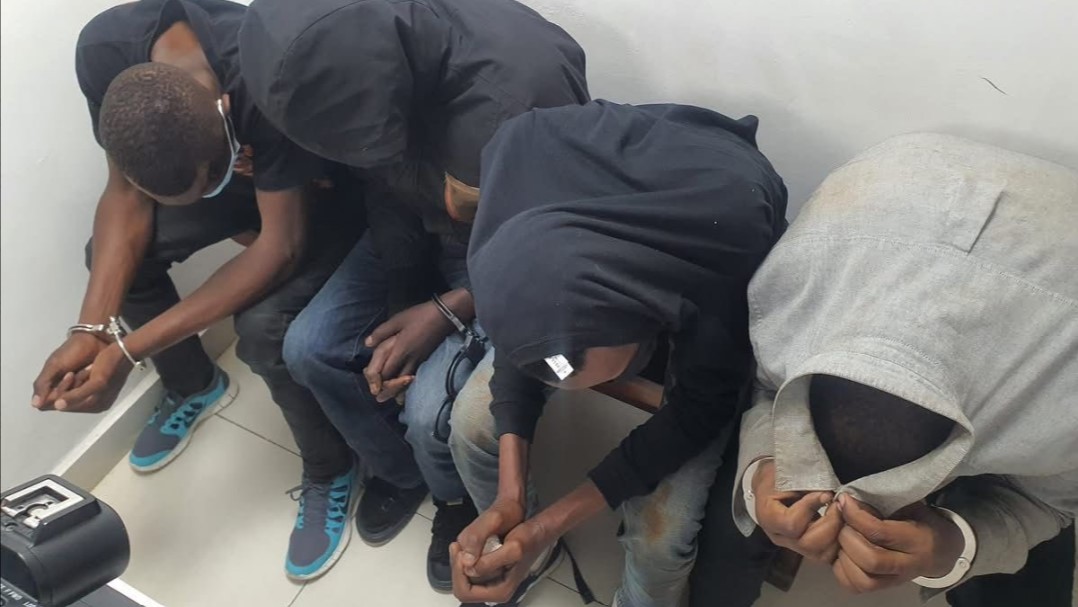Mobile money transactions hit record 213 million in December

The value of money that was transacted in these deals went up to Sh788.35 billion in December, up from Sh707.55 billion in the previous month.
The number of times Kenyans deposited or withdrew cash at mobile money agents hit 213.31 million in December which is a record high, according to data from the Central Bank of Kenya (CBK).
The data shows that the volume of cash transactions made by agents rose by 5.9 per cent from 201.31 million in November underlining increased demand.
More To Read
- State pilots MPESA payment for Inua Jamii beneficiaries via e-Citizen platform
- Mobile money transactions up by 9pc in Q2 to Sh2.1 trillion on recovering economy
- Boda boda rider gets a 7 year sentence for keeping mistaken Sh200,000
- Safaricom announces scheduled system maintenance on Sunday
- Safaricom announces MPesa disruptions on Monday
- Technical glitch causes Safaricom to trigger spam alert
As a result, the value of money that was transacted in these deals also went up sharply to Sh788.35 billion in December, up from Sh707.55 billion in the previous month.
Ever since mobile money payments were introduced by Safaricom in March 2007, transactions have continued to grow year-on-year.
This is because thousands of Kenyans open new mobile money accounts each year as the country’s population continues to grow.
Further, mobile payments have made it easier to pay for goods and services such as education, healthcare, shopping, transport as well as government services.
As a result, M-Pesa, which is the country’s top mobile payment platform, has become synonymous with everyday life in Kenya.
Because more and more individuals and businesses are relying on mobile money, the CBK last year allowed local telcos Safaricom, Airtel Kenya and Telkom Kenya to increase the daily mobile money transaction limit from Sh150,000 to Sh250,000.
The apex bank also allowed them to increase their mobile money wallet size from Sh300,000 to Sh500,000.
This means that customers will not only be able to transact more money in a day but they will also be allowed to hold more money in their accounts.
The Kenya Kwanza government is also seeking to ride on digital payments to streamline revenue collection in the public sector to seal revenue leakages.
On June 30 last year, President William Ruto banned cash payments for government services and rolled out 222222 as the single pay bill for all government services to seal revenue leakages.
This means that Kenyans seeking government services such as business registration, getting a passport or national identity card among other services are required to pay using a single paybill account.
The CBK has however acknowledged the risks that come with increasing mobile transactions and wallet limits such as money laundering, financing of terrorism and fraud.
The bank has called on payment service providers (PSPs) to implement enhanced and appropriate risk mitigation measures.
Other Topics To Read
“CBK will closely monitor the implementation of the approved measures, to take appropriate action where necessary and assess impact on the wider financial ecosystem,” it said.
Top Stories Today












































